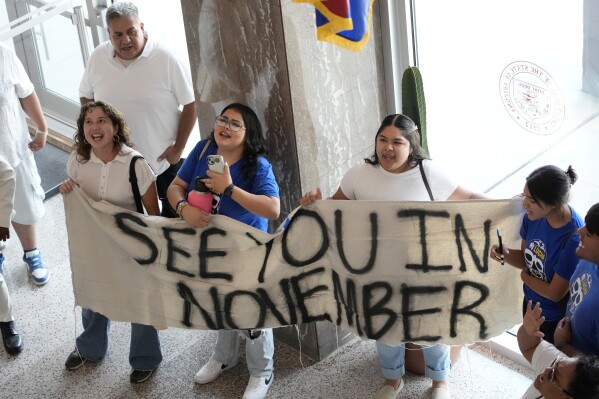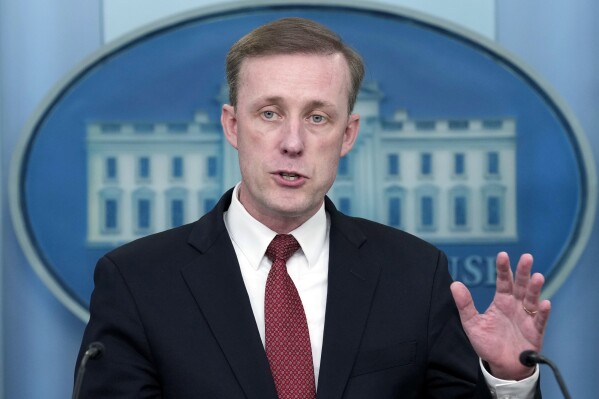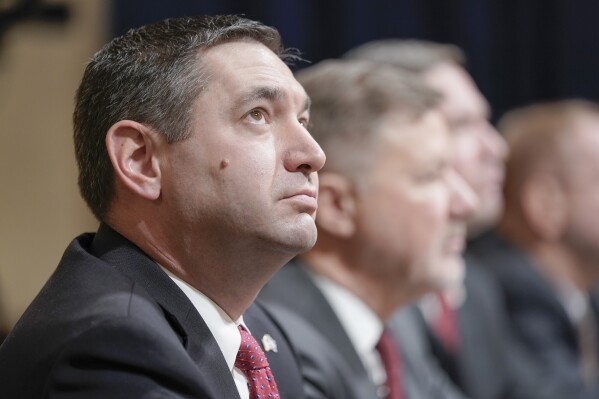BOSTON (AP) — The Massachusetts House and Senate approved a $58 billion state budget deal Friday that includes a plan for free community colleges and would allow the Massachusetts Lottery to move some of its products online.
The budget would set aside more than $117 million for the free community college program across the state, covering tuition and fees for students.
The 15 community colleges in Massachusetts serve more than 90,000 students, about 70% of of whom attend school part-time, juggling work and family commitments.
To be eligible for free tuition, students must be pursuing a degree at a public community college in Massachusetts and complete the Free Application for Federal Student Aid or a state equivalent of the FAFSA form.
Students must also attend school at least part-time, must not already have a bachelor’s degree, and be a Massachusetts resident.
Students of color make up more than half of the state’s community college population. Fewer than 25% of community college students have annual household incomes above $120,0000.
The budget would also allow online lottery sales. raising the age to 21 to anyone buying online lottery products. The spending plan would also includes a prohibition on predatory advertising to minors.
The goal is to create a new funding source for the state’s early education and care initiatives, A portion of the new revenue collected from online lottery sales — estimated to be $100 million in FY25 — would fund grants intended to provide long-term stability for high-quality and affordable care for families.
Lottery officials have long pushed to expand into an online market. Neighboring states New Hampshire and Rhode Island both have online lottery games.
“This budget is a vote of confidence in every Massachusetts resident going to school, raising a family, and working to make ends meet — as well as strong blueprint for bring equity and opportunity to every region and resident of our state,” Democratic House Speaker Ronald Mariano said in a written statement.
The budget sets aside $170 million to fund the state’s universal school meals program and more than $42 million for the Massachusetts Emergency Food Assistance Program, which helps ensure a steady supply of nutritious foods and locally grown fresh produce to a statewide network of more than 894 emergency food providers.
The budget also includes $1.3 billion in revenues generated from a vote-approved surtax of 4% on annual income above $1 million and invests the additional dollars to improve the state’s education and transportation sectors.
The budget would funnel 59% of the funds to education and 41% to transportation. It still must be signed by Gov. Maura Healey before taking effect.
Disclaimer: The copyright of this article belongs to the original author. Reposting this article is solely for the purpose of information dissemination and does not constitute any investment advice. If there is any infringement, please contact us immediately. We will make corrections or deletions as necessary. Thank you.



